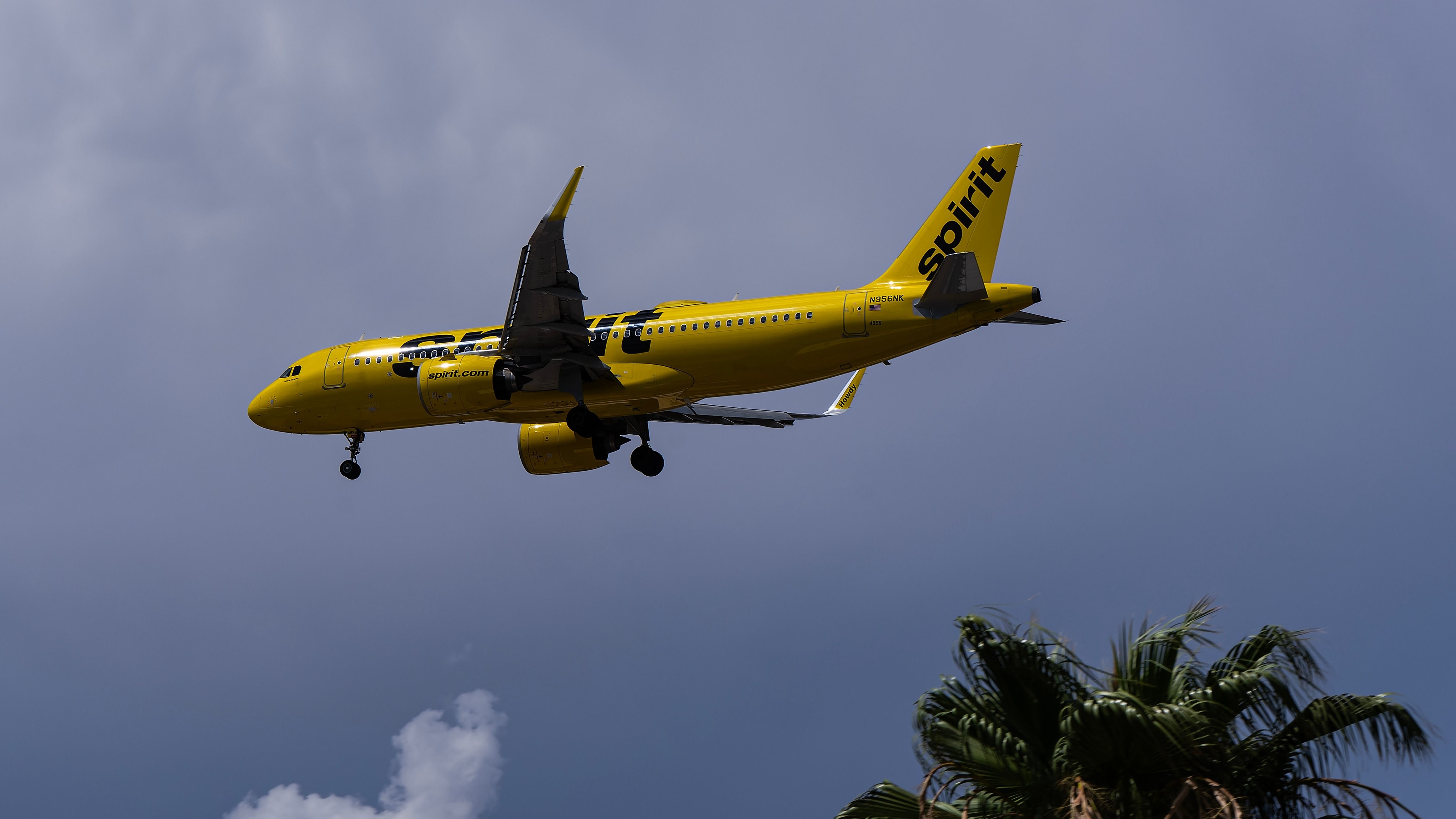Monday, September 9, 2024 The Northwest Territories (NWT) government has commenced work on a long-term strategy aimed at shaping the region’s tourism industry for the rest of the decade. This effort, known as the “Tourism 2030” plan, is designed to guide the development of the NWT’s tourism sector, and it builds upon previous strategies that have been instrumental in revitalizing the industry, especially after the challenges posed by the COVID-19 pandemic. Tourism has always been a vital component of the NWT’s economy, offering visitors unique experiences ranging from aurora tourism to outdoor adventures in remote and pristine locations.
As part of the process for creating the new strategy, the NWT government is set to allocate up to $160,000 for consultants to draft the Tourism 2030 document, which will outline a five-year plan for the industry. The groundwork for this new strategy follows the Tourism 2025 plan, launched in 2021, which focused on reviving the tourism sector after pandemic-related travel restrictions severely impacted visitor numbers. The targets set by Tourism 2025 were ambitious, with expectations of attracting 103,000 visitors by the 2025-26 period and generating an economic boost worth $170 million.
However, it is still too early to assess whether these targets will be met, as the plan continues to run until early 2026. In a call for proposals from consultants, the Government of the Northwest Territories (GNWT) noted that visitor spending in 202.


















